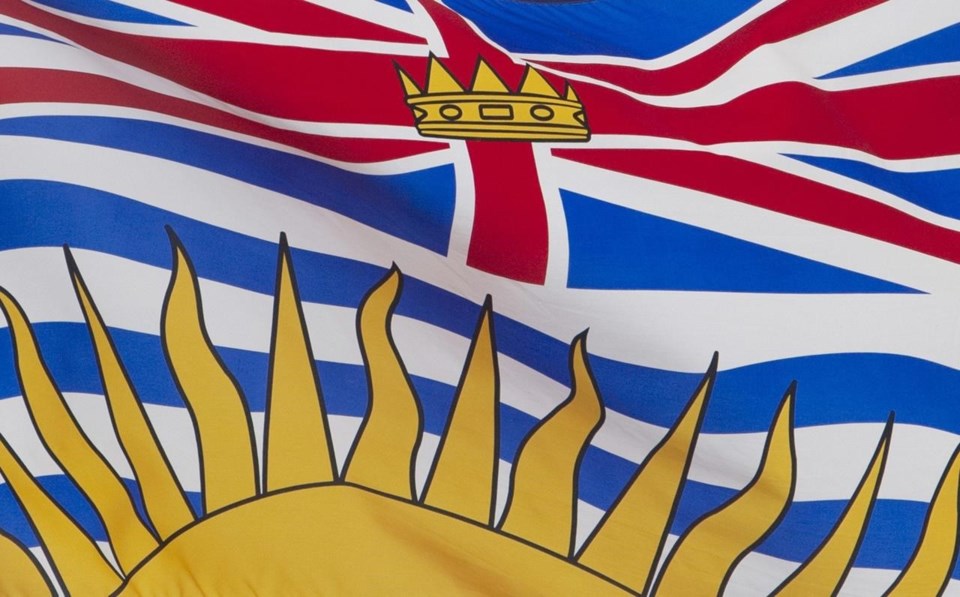VICTORIA — An increase in provincial government funding will allow the British Columbia Human Rights Tribunal to not only clear a logjam of cases, but to modernize the process, the chair of the tribunal says.
"It's a momentous day for us," Emily Ohler said in an interview Wednesday. "This is really necessary funding."
British Columbia announced it would boost funding for the tribunal and the Community Legal Assistance Society by as much as $4.5 million per year.
It said in a statement the new funding will go toward helping the tribunal tackle its increased caseload and allow the legal society to hire more lawyers, legal advocates and support staff.
The province said the number of cases brought to the tribunal increased from 1,460 in 2019 to 3,192 in 2022.
"We need to have a process in place that can manage that number," Ohler said. "It's not just about clearing the backlog, it's also, from my perspective, about modernizing the way that we're moving cases through from start to finish in order to improve our efficiency, but also improve accessibility."
She said about 30 per cent of the case volume since 2020 has been "attributable to complaints related to public health measures," including masking and mandatory vaccine requirements.
"We know that the COVID cases are not going to be regular features of our caseload. Once that is cleared, we shouldn't see a repeat, and what that means is it's going to take some time to figure out what the actual new baseline of complaint numbers is."
Ohler said that another focus will be to use the next "two to three years" to gather data to determine that baseline.
The Community Legal Assistance Society, which provides free legal services to disadvantaged people, including for human rights complaints, said it has seen increasing demand for years but COVID-19 caused an "unprecedented spike," with calls to its inquiry line doubling in 2020.
Jacqui Mendes, the society's executive director, said awareness of human rights services in B.C., driven by the re-establishment of the Human Rights Commission, is likely another main contributor of the increase.
"Demand has always outstripped the ability to meet that need," she said in an interview Wednesday.
The New Democrat government announced it would bring back the B.C. Human Rights Commission shortly after it was elected in 2017 about 15 years after the former Liberal government disbanded the commission.
Mendes said the group won't be able to quantify the funding's impact until the provincial budget is announced in February. But she said she's certain most of the funds will go to the tribunal.
"We have to say, (that it is) absolutely deserved. There's been a major logjam at the tribunal, which has caused months and years of delay for clients awaiting hearings, so we welcome that," she said.
"Our focus really is on accessibility and access to justice, and we welcome anything that enables us to continue to support that mandate."
The tribunal released a report in 2020 that found the number of Indigenous people filing human rights complaints was disproportionately low. In response, the province added Indigenous identity as a protected ground under the B.C. Human Rights Code.
The province said in the statement that the funding will also support the tribunal's ongoing work to implement the recommendations outlined in the report.
"This much-needed funding will help the tribunal better meet the specific needs of Indigenous Peoples and better meet the increased demands for resolution of discrimination complaints, ensuring everyone who needs it can access appropriate recourse under the B.C. Human Rights Code," Ohler said in the news release.
— By Brieanna Charlebois in Vancouver
This report by The Canadian Press was first published Jan. 4, 2023.
The Canadian Press



